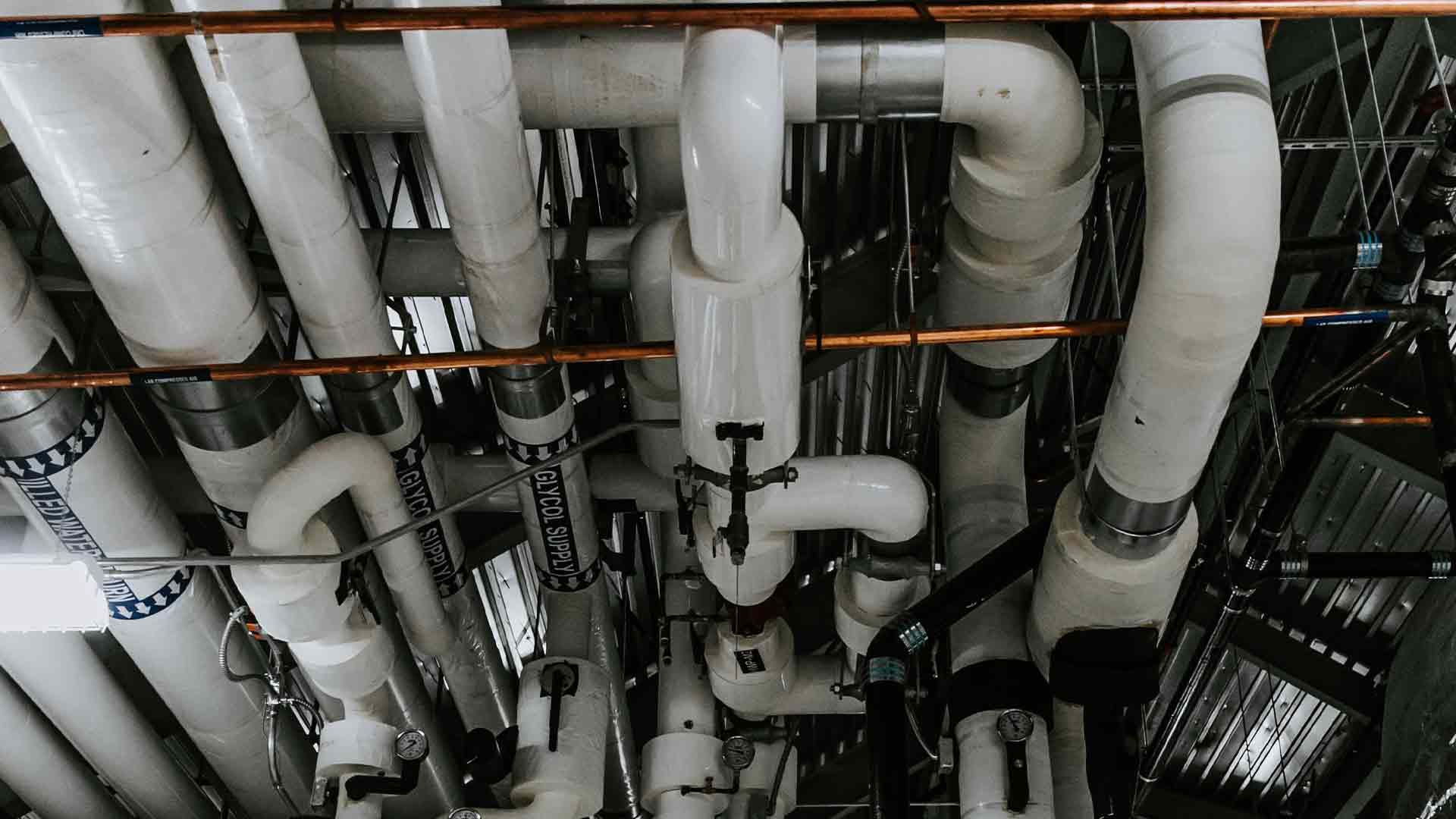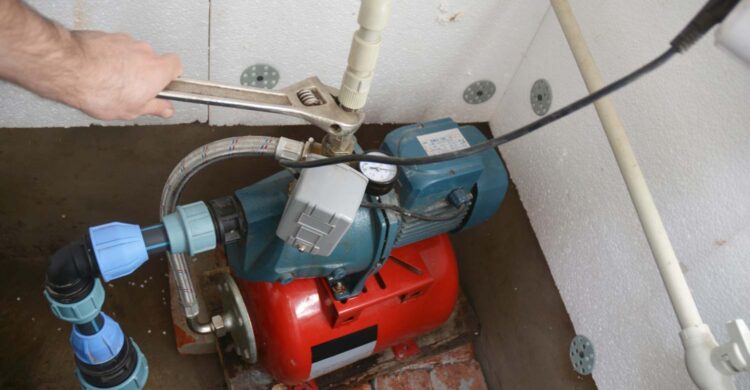
Let us Help Keep Your Well Water Running
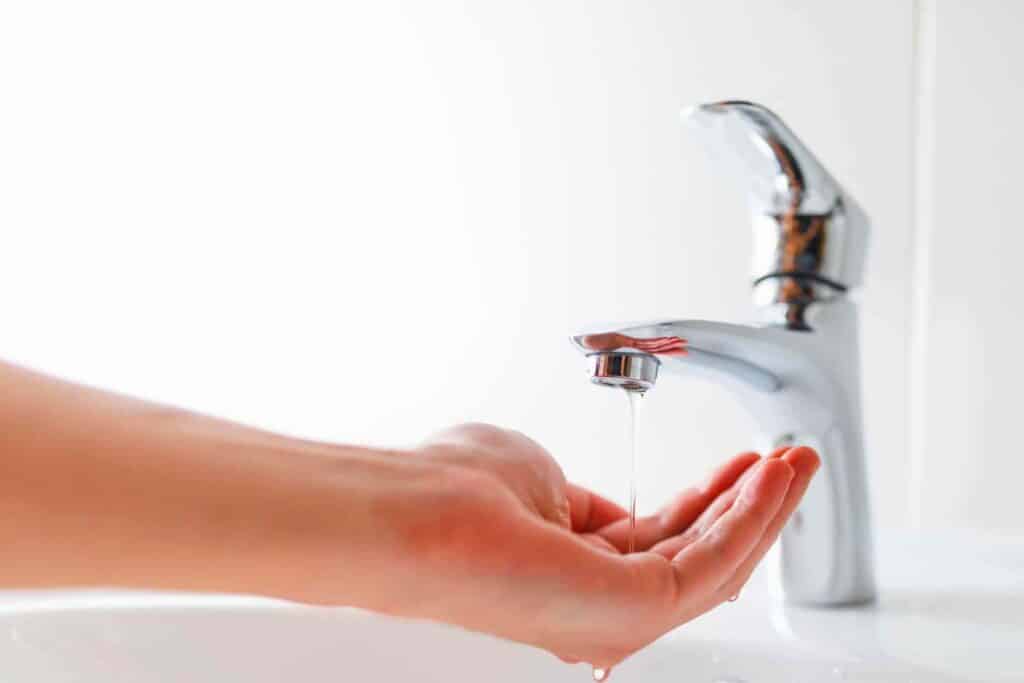
Keep Tabs your Well Pump’s Age
We’re all guilty of taking our running water for granted. And when you live on a well, remember that you’ve got a hard-working pump supplying all that fresh water. You should also know that your pump cannot keep it going forever. The average lifespan of a well pump is generally 8-15 years, dependent on different factors. When your pump does begin to malfunction or fail, you need to know a plumber you can trust to correct it.
How Do You Know When Your Pump is Malfunctioning?
The most common symptoms of well trouble are no water at all, pulsing water pressure and a well pump that runs constantly. But if you are experiencing any of these, your pump may need servicing, repair or replacement:
- Dirty water – Sediment can do a lot of damage to your pump.
- Changes in water pressure – If this happens frequently, have your pump checked.
- Clicking or noisy pressure tank – The air bladder in your pressure tank may make noises that indicate escaping air, which can shorten pump life.
- Air spurts from your faucets – If air is getting into the waterline, it can also damage your pump.
- Surprise scalding – This indicates a drop in water pressure and a possible pump problem.
- Rotten smells – This could be from a buildup of sediment in your system.
- Increased electrical costs – A failing pump or pressure tank will cause your home to run less efficiently, which means higher electric bills.
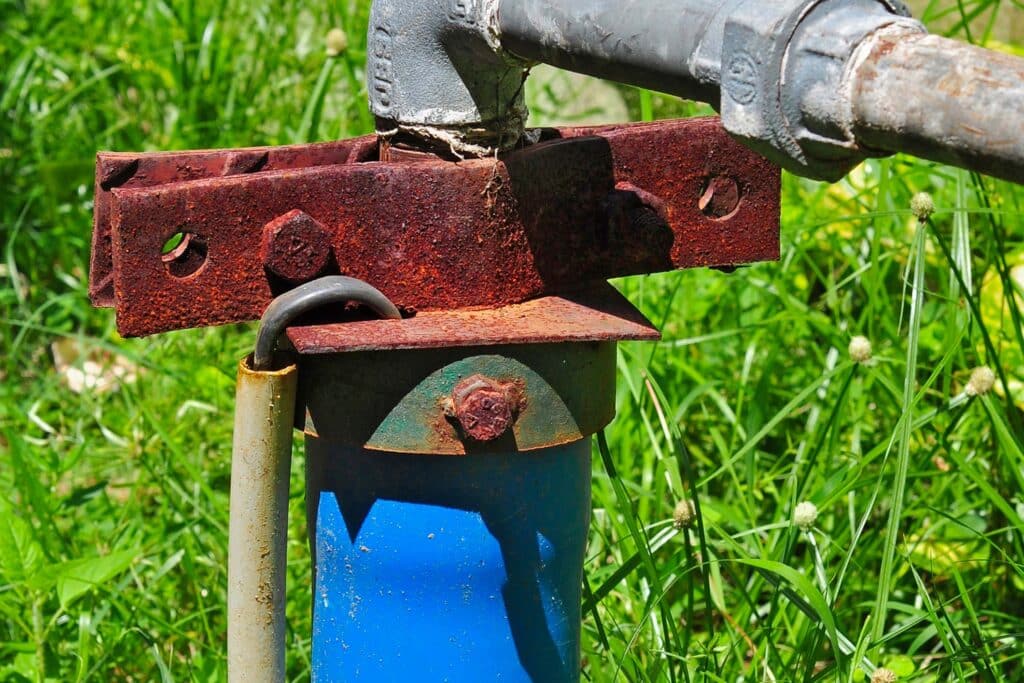
Regular Service Can Prevent Failure
There are different types of well pumps, and some types require periodic, professional service. Submersible- and jet-style pumps should be serviced by a professional plumber. Submersible pumps should be checked (and possibly replaced) every 10 years and jet pumps every 3 years. Be sure to keep a track record of your well’s servicing handy. And if you are not sure, please call us, and we can help you determine if your pump needs servicing.
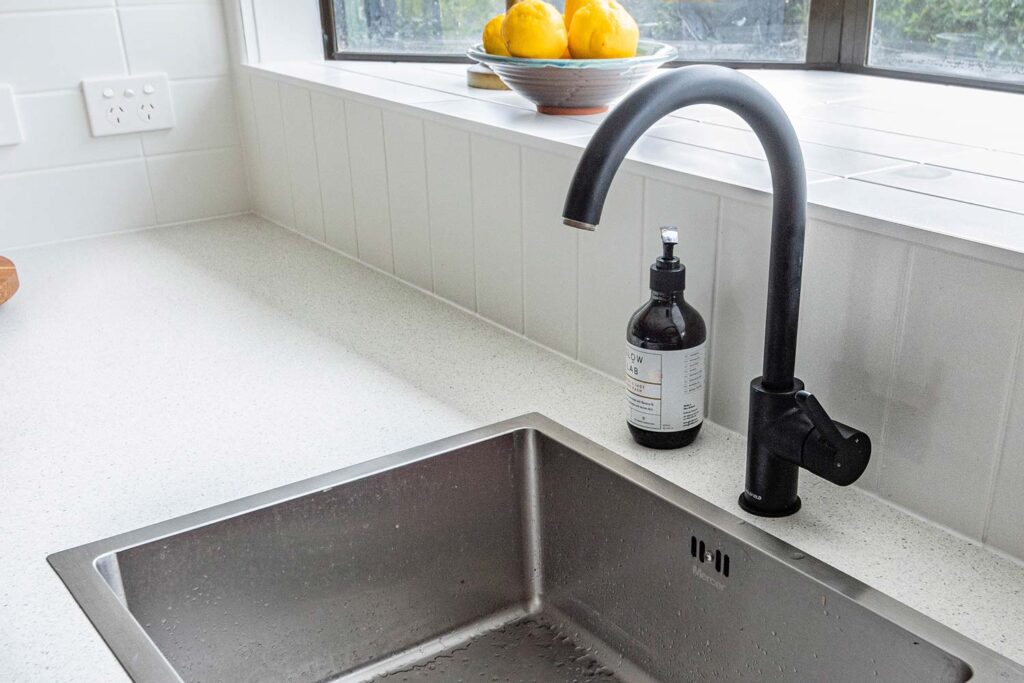
Why Do Well Pumps Fail?
The single largest factor in your pump’s life expectancy is the frequency of your pump’s duty cycle. The number of times a day your pump runs can increase wear and tear on the motor, which will shorten its life. Your pump may have to run more if your water tank in the house is too small, making it harder for your pump to keep up with demand. Other factors that can determine how long your well pump lasts include the level of motor quality, the levels of sediment in the water and how high your water table is.
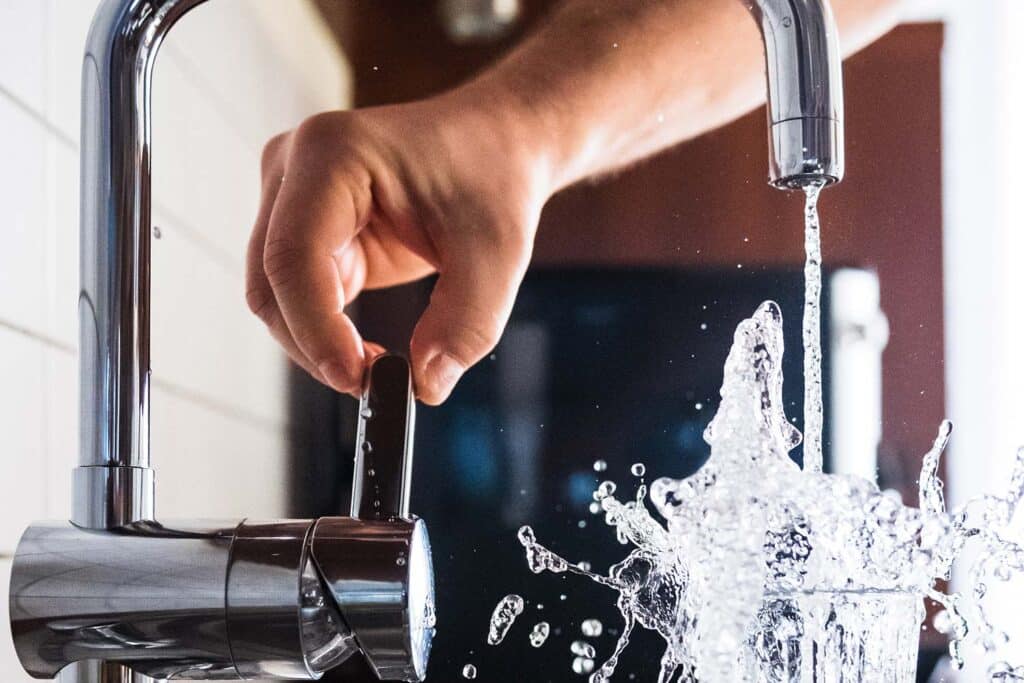
How Expensive is Well Pump Replacement?
If your well is out, having running water again is worth the cost. Generally speaking, water from city resources has a cost, so accessing your own well also has costs, although more intermittent. New pumps and their replacement cost typically cost anywhere from $1,000-$5,500, depending on the type of pump you need and your well size and depth. The least expensive pumps – submersible pumps – are an affordable option and cast between $200 and $1,200. Deep-well jet pumps cost about $400 and $1,500. Other pumps ranging from shallow jet, constant pressure hand, and solar pumps can range greatly between $150 and $6,000. Windmill water pumps are also available but typically come in a cost between $5,000 and $20,000.

